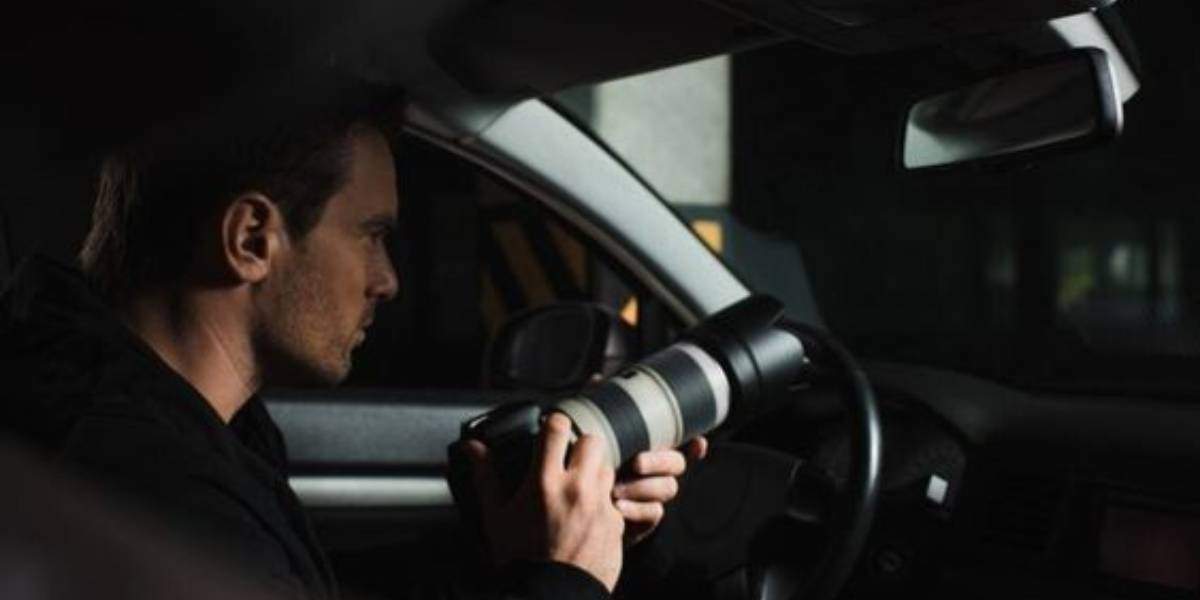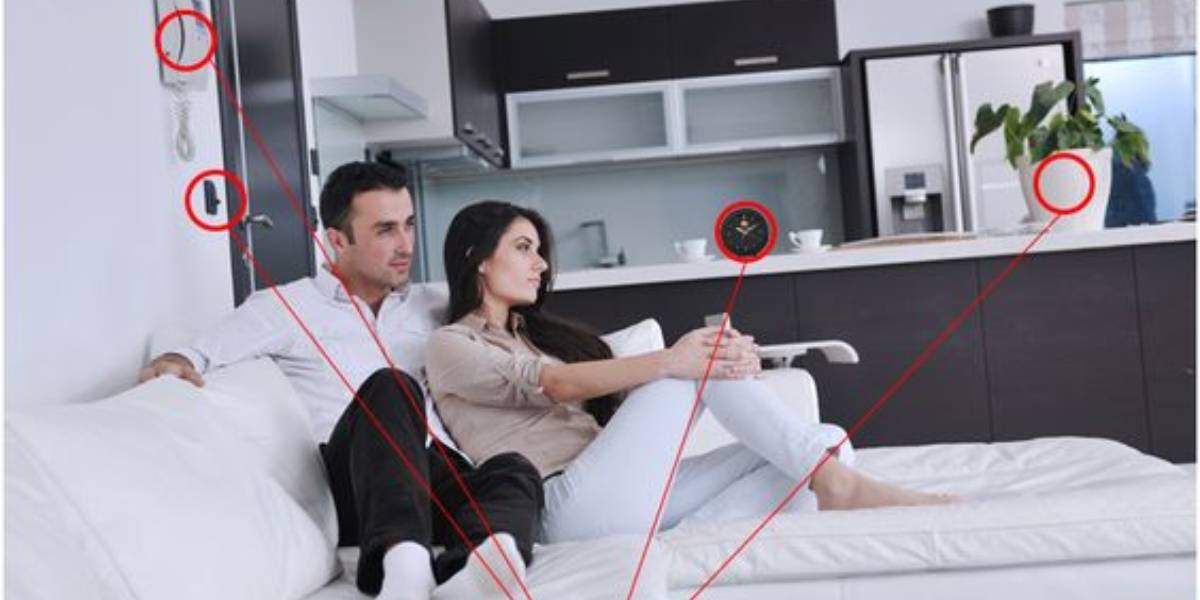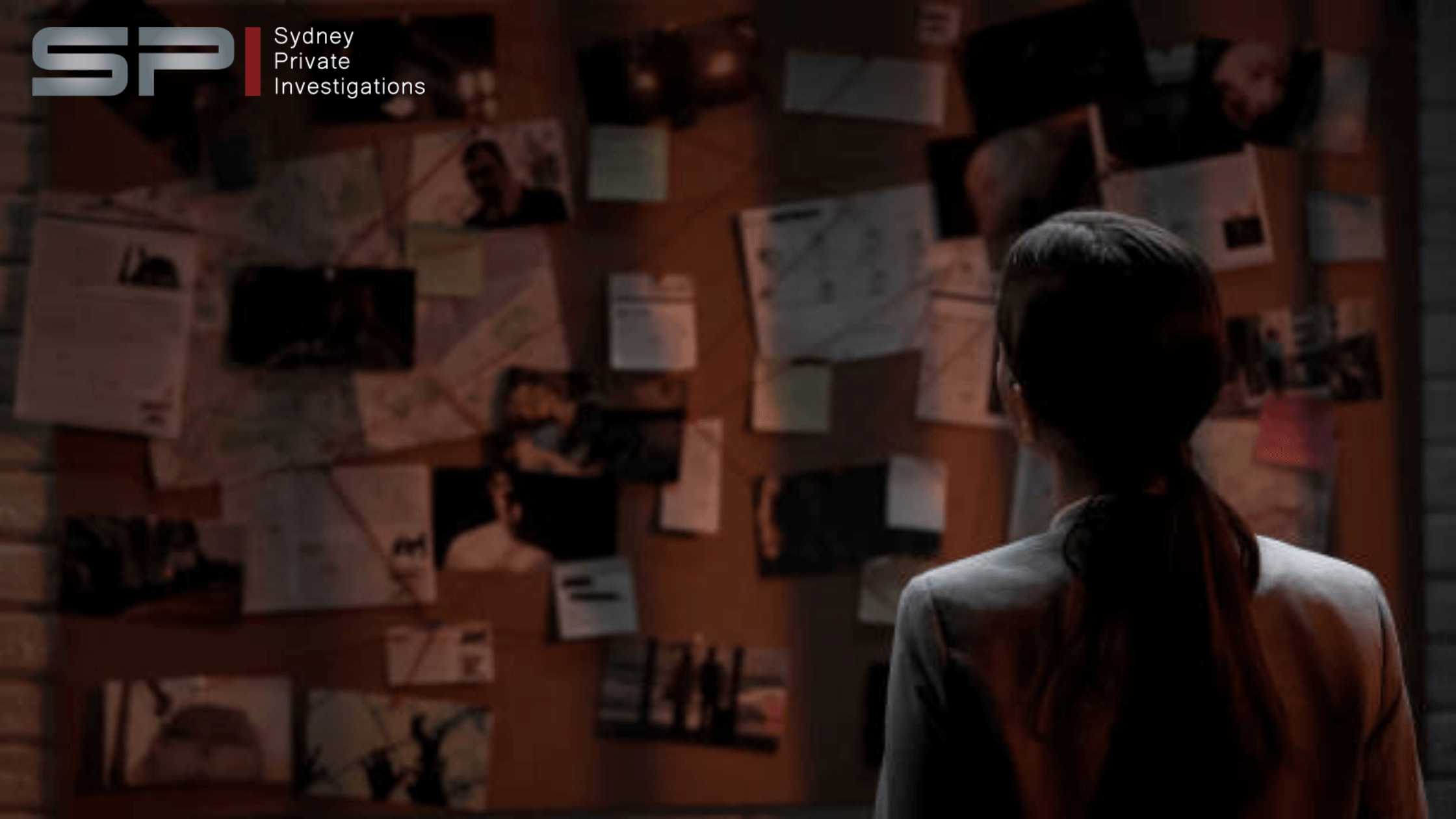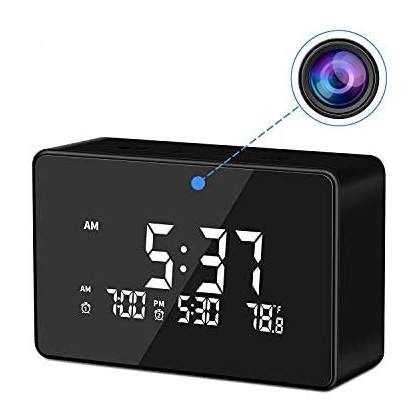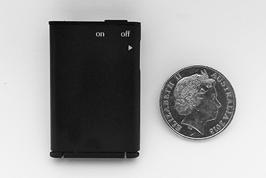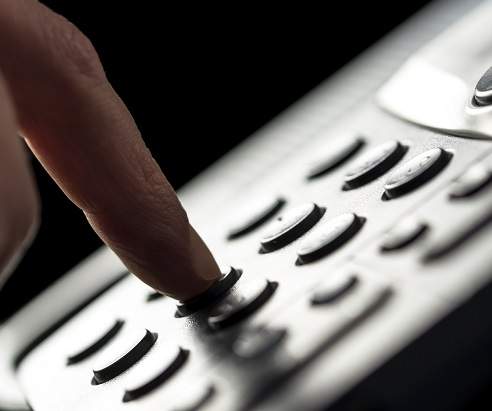Introduction to: What Can Private Investigators Legally Do
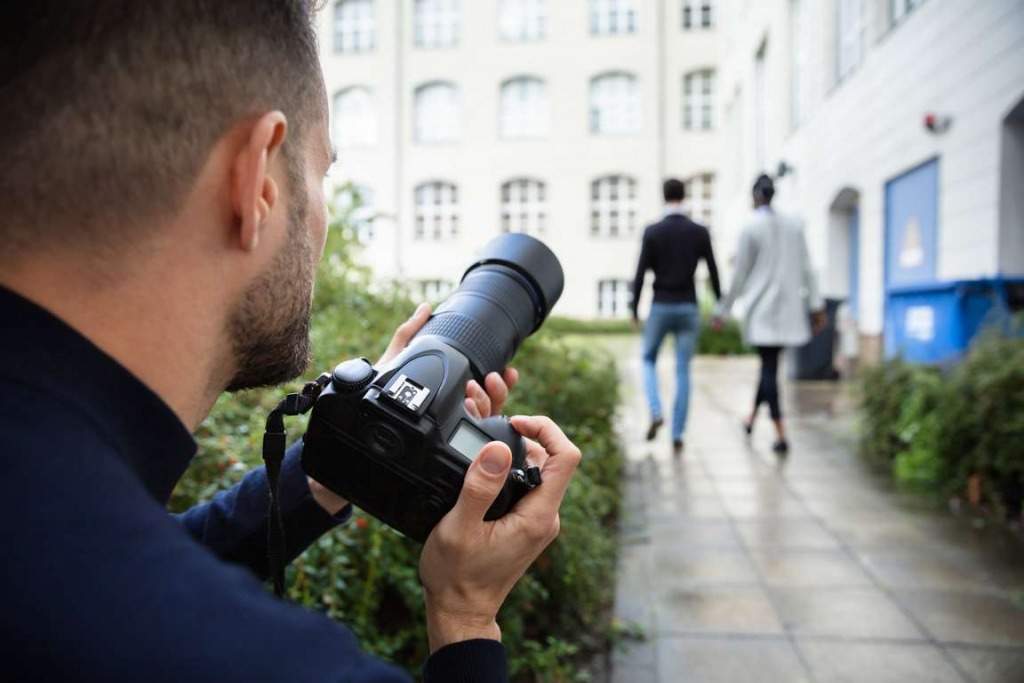
This is another question we get regularly. People seem to hold private investigators in very high regard when it comes to their powers of obtaining information. The truth is that they don’t really have much more power than the average person, apart from legally being able to investigate a person or watch someone, referred to as surveillance in the PI world. We are still governed by privacy laws, security laws and surveillance devices laws.
The Privacy Act
Since the Privacy Act was introduced in 1988, it has continually made it harder and harder to obtain information. Before then information was freely available with limited consequences on those who passed information without consent. From 1988 onwards information was generally obtained illegally with people paying off government officials or private sector employees in return for private information. As time has gone by and penalties increased, including jail time, the availability of this information has diminished. Technology advancement has also played a big part in this as everything can be traced. For example, a government official used to be able to look up on their internal system and pass on the information without anyone knowing. Now, they must use a login to access the information and it can all be traced electronically.
Government Databases
One major misconception is private investigators don’t have access to government databases like ATO, Medicare, Service NSW and Centrelink to name a few. What we do have access to as private investigators are commercial databases which we pay money to access. These databases are generally not available to the public as they have strict guidelines on who can access them. They are also usually subscription-based and cost a lot of money. The information on these databases come from various unknown sources that are generated over a long period of time.
A Licence to Stalk
In relation to what we can do physically as a private eye, we are once more restricted by the laws of the average person, except when it comes to watching someone. We effectively have a license to stalk; however, this is within reason. It must be discreet and without the person knowing. As soon as they’re aware of our presence it would be considered harassment if we were to continue. Stalking is defined under the Crimes (Domestic and personal Violence) Act 2007 as:
‘the following of a person about or the watching or frequenting of the vicinity of, or an approach to a person’s place of residence, business or work or any place that a person frequents for the purposes of any social or leisure activity’.
Recording
When it comes to visual and audio recording, we are once again hindered by rules and regulations under the Surveillance Devices Act 2007. The section that is most relevant to Private Investigators, and the everyday person, is Part 2 which regulates the installation, use and maintenance of surveillance devices.
The main thing you get from this is that we must not knowingly record or listen into someone’s private conversations. We must not also record a person if you are in a private conversation with them unless you tell them. As private detectives we can write in as much detail what we heard afterwards and produce this in a report. We just can’t record it and provide you the recording.
Filming is a bit more relaxed, however it is a grey area. We can film anyone who is visible from a public area. For example, if we are standing on the street and can see a person through a large window then we could film it. The grey area is that we can’t film them if the reasonable person would think that they are in a private space which could not be seen from the general public.
Monitoring Location
Monitoring a person’s location also falls under the Surveillance Devices Act 2007. It stipulates that you cannot monitor a person in the lawful possession or having lawful control of an object without express or implied consent. An object can be anything, including a car, a phone or even a boat.
The only act that would give you an exception to any of these rules is the Child Protection Act 2000. If it is in relation to looking out for a minor, then you may be able to get permission to do so if the child would be at harm in anyway.
Thinking Outside the Box
As private investigators we must think outside the box sometimes to achieve results. Some investigators may bend the rules to get what is needed; however, in summary all investigators in NSW are dictated by the same rules.



